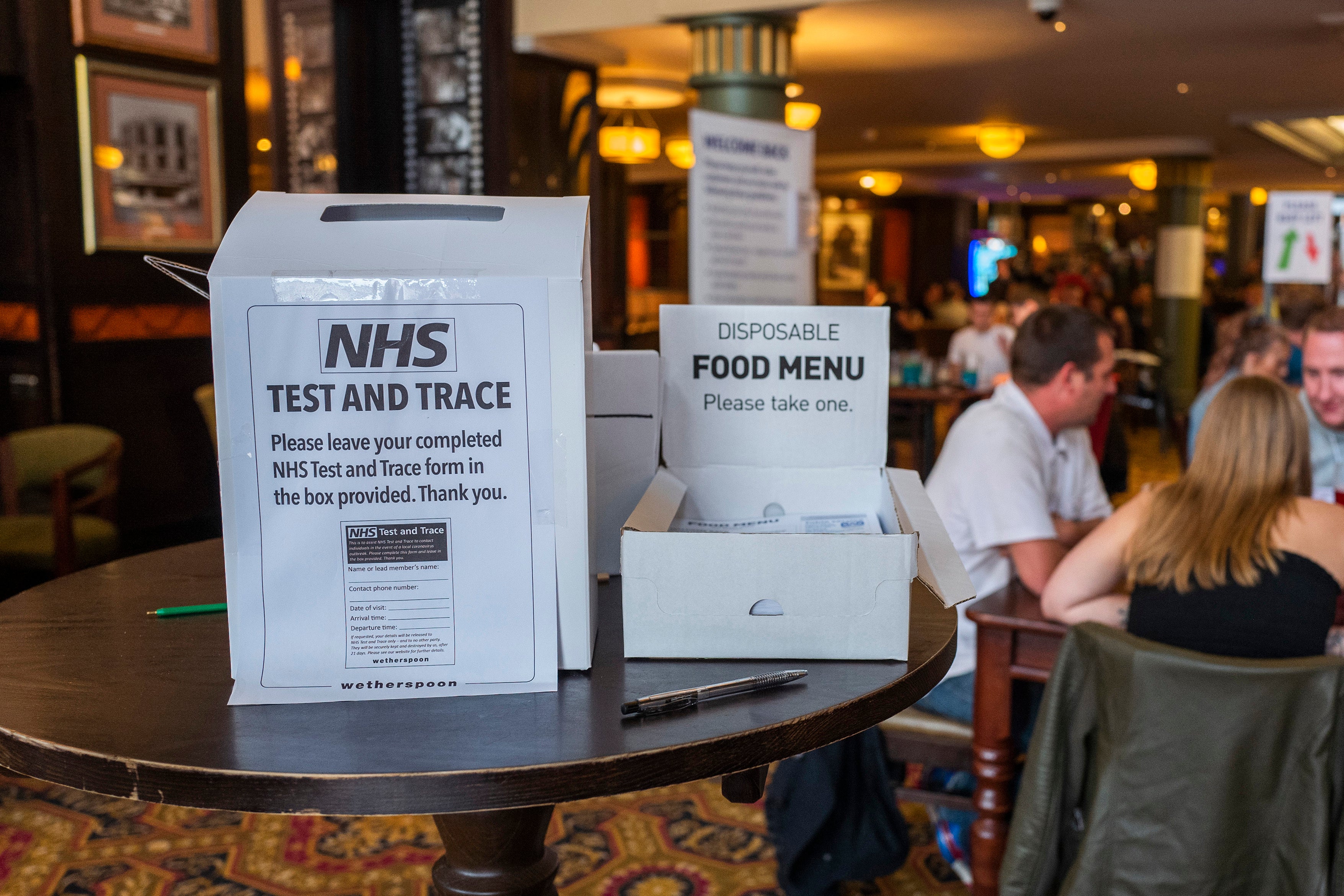Only a few hundred people told to self-isolate receive £500 help pledged by Boris Johnson in most cities
Exclusive: Strict eligibility rules and limited funds hit take-up – heightening fears that people will continue to go to work and spread the virus

Your support helps us to tell the story
From reproductive rights to climate change to Big Tech, The Independent is on the ground when the story is developing. Whether it's investigating the financials of Elon Musk's pro-Trump PAC or producing our latest documentary, 'The A Word', which shines a light on the American women fighting for reproductive rights, we know how important it is to parse out the facts from the messaging.
At such a critical moment in US history, we need reporters on the ground. Your donation allows us to keep sending journalists to speak to both sides of the story.
The Independent is trusted by Americans across the entire political spectrum. And unlike many other quality news outlets, we choose not to lock Americans out of our reporting and analysis with paywalls. We believe quality journalism should be available to everyone, paid for by those who can afford it.
Your support makes all the difference.Only a few hundred people told to self-isolate have received the £500 help pledged by Boris Johnson in most of England’s cities, sparking criticism that those missing out will continue to go to work and spread Covid-19.
Tough eligibility rules and depleting funds have hit take-up, research by The Independent shows, despite millions being told to stay at home as the second wave of the pandemic struck.
Some local councils revealed they had been forced to turn away many more people, warning a £15m government “discretionary” fund is exhausted – or is about to be.
In Liverpool, a staggering 76 per cent of applications were rejected, because only workers on benefits can claim for the statutory scheme, leaving others on just £95.85-a-week sick pay, if they are eligible for that.
Only 3 of the 22 cities surveyed have helped more than 1,000 people each, while six have made under 200 payments – Nottingham (194), Luton (164), Southampton (116), Brighton (101), Reading (68) and Southend (38).
The Resolution Foundation think tank warned that the figures showed “far too few people are receiving these payments”, while an expert at University College London said the low take-up made the “absolutely crucial” control of the virus more difficult.
“Paying people to stay in when isolating, wen it would mean losing their income, is not only the right thing to do, but also more likely to be effective,” said Christina Pagel, professor of operational research.
“These figures show that only a small number of people are successfully accessing the financial support available, which in any case is already below the national minimum wage.”
At the end of September, the prime minister unveiled the one-off £500 help when he introduced huge fines for people who failed to follow instructions to self-isolate – saying it would make them “financially able” to obey.
But, in the 22 cities that supplied figures, just 10,567 people have received the money, despite official data suggesting at least 1 million people may have been told to self-isolate in those areas.
Birmingham (1,550), Bradford (1,362) and Manchester (1,188) have paid out the most, followed by Leeds (878), Liverpool (806), Hull (722) and Sheffield (455).
Furthermore, in Liverpool, no fewer than 3,030 of the first 3,947 applications had to be thrown out and the city council expects to run out of cash for discretionary payments – to people not on benefits, but in hardship – by Christmas.
Dan Carden, a Labour MP in Liverpool, said: “The reality for too many people – the taxi driver, the self-employed, those in low-paid precarious employment – is they cannot do the right thing because they cannot afford to.”
Plymouth City Council said it had had to dip into its own resources to make 51 of its 400 payments, after government funding ran out.
“The government needs to fully fund the local discretionary scheme and also address the issue of support for parents who have children who have been required to self-isolate,” said Councillor Chris Penberthy, Cabinet member for housing.
Many of those ordered to isolate – either because they have caught Covid-19 or have been identified as a close contact of someone who has – will not be working, or will be able to work from home, and so not need the £500 help.
However, the Resolution Foundation has warned of widespread ignorance even among those eligible, because the test-and-trace service – which finds close contacts and tells them to isolate – “isn’t pushing it”.
“The £500 test and trace payments are an acknowledgement that statutory sick pay does not provide anywhere near enough support for workers asked to self-isolate at home during the pandemic,” said Maja Gustafsson, a researcher.
“But the combination of strict eligibility and a lack of funding means that far too few people are actually receiving these payments.”
In September, the Sage advisory group warned that less than 20 per cent of people in England fully self-isolate when required, with a lack of financial help the biggest obstacle to compliance.
Government figures show around 3 million people have been told to self-isolate, in England, in the 10 weeks since the payments came in.
The 22 cities surveyed cover around 30 per cent of the population and are likely, as urban areas, to have higher infection rates – suggesting that more than 1 million may live in those areas.
The others that returned figures are Leicester (412), Derby (406), Wirral (383), Sunderland (343), Preston (257), Bristol (256), Coventry (237) and Newcastle (231).





Join our commenting forum
Join thought-provoking conversations, follow other Independent readers and see their replies
Comments